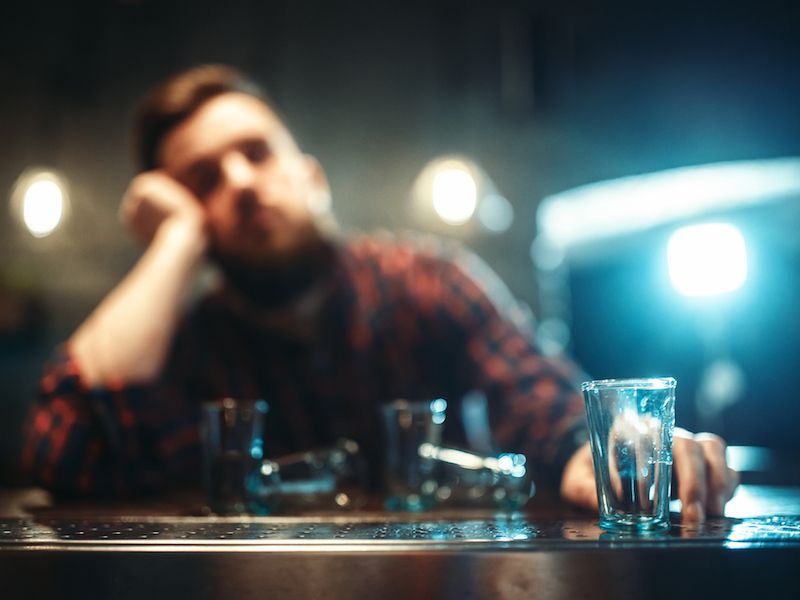
You most likely are aware that the US . is facing an opioid crisis. More than 130 people are dying daily from an overdose. But what you may not have heard yet is that there is a troubling connection between hearing loss and drug and alcohol abuse.
According to new research published in the American Journal of Preventive Medicine and carried out by a team at the University of Michigan, there’s a connection between alcohol and drug abuse and those under fifty who have hearing loss.
Around 86,000 people participated in the study and it was found that the younger the person, the stronger the connection. Regrettably, it’s still not well known what causes that connection in the first place.
Here’s what this specific study found:
- In terms of hearing loss, people above the age of fifty who developed hearing loss didn’t differ from their peers when it comes to substance abuse.
- People were twice as likely to develop a general substance abuse issue than their peers if they got hearing loss between the ages of 35 and 49.
- People who developed hearing loss under the age of fifty were at least twice as likely to misuse opioids as their peers. They were also generally more likely to misuse other things, like alcohol.
Solutions and Hope
Those figures are staggering, particularly because researchers have already taken into account concerns like class and economics. So, now that we’ve recognized a relationship, we have to do something about it, right? Remember, causation is not correlation so without understanding the exact cause, it will be hard to directly deal with the problem. Researchers had a couple of theories:
- Higher blood pressure: Of course, it’s also true, That blood pressure is raised by alcohol, sometimes to unhealthy levels. And both high blood pressure and some pain killers have been shown to harm your hearing.
- Lack of communication: Emergency departments are designed to get people in, deal with them, and get them out as efficiently (or, in many cases, quickly) as possible. And if there is a life threatening emergency they can be in even more of a hurry than normal. In these situations, if patients aren’t capable of communicating well, say they aren’t able to hear questions or instructions from the staff, they might not get correct treatment. They may not hear dosage information or other medication directions.
- Ototoxic medications: These medications are known to cause hearing loss.
- Social solitude: It’s well established that hearing loss can lead to social isolation and cognitive decline. In these situations, it’s common for people to self medicate, especially if the individual in question doesn’t really understand the cause–he or she may not even realizethat hearing loss is the issue.
Whether loss of hearing is made worse by these incidents, or those with hearing loss are more likely to have them, the damaging repercussions are the same to your health.
Preventing Hearing Loss and Substance Abuse
The authors of the study suggest that doctors and emergency responders work extra hard to ensure that their communication methods are current and being followed. It would help if doctors were on the lookout for individuals with loss of hearing, in other words. We individuals don’t get help when we need to and that would also be extremely helpful.
Don’t be afraid to ask questions of your doctors such as:
- Is this drug addictive? Do I really need it, or is there an alternative medication available that is safer?
- Is this medication ototoxic? What are the alternatives?
Never go home from a doctors appointment with medicines unless you are crystal clear on their risks, what the dosage schedule is and how they affect your general health.
Additionally, if you believe you are suffering from hearing loss, don’t wait to be checked. Neglecting your hearing loss for only two years can increase your health care costs by 26%. So make an appointment now to have a hearing test.